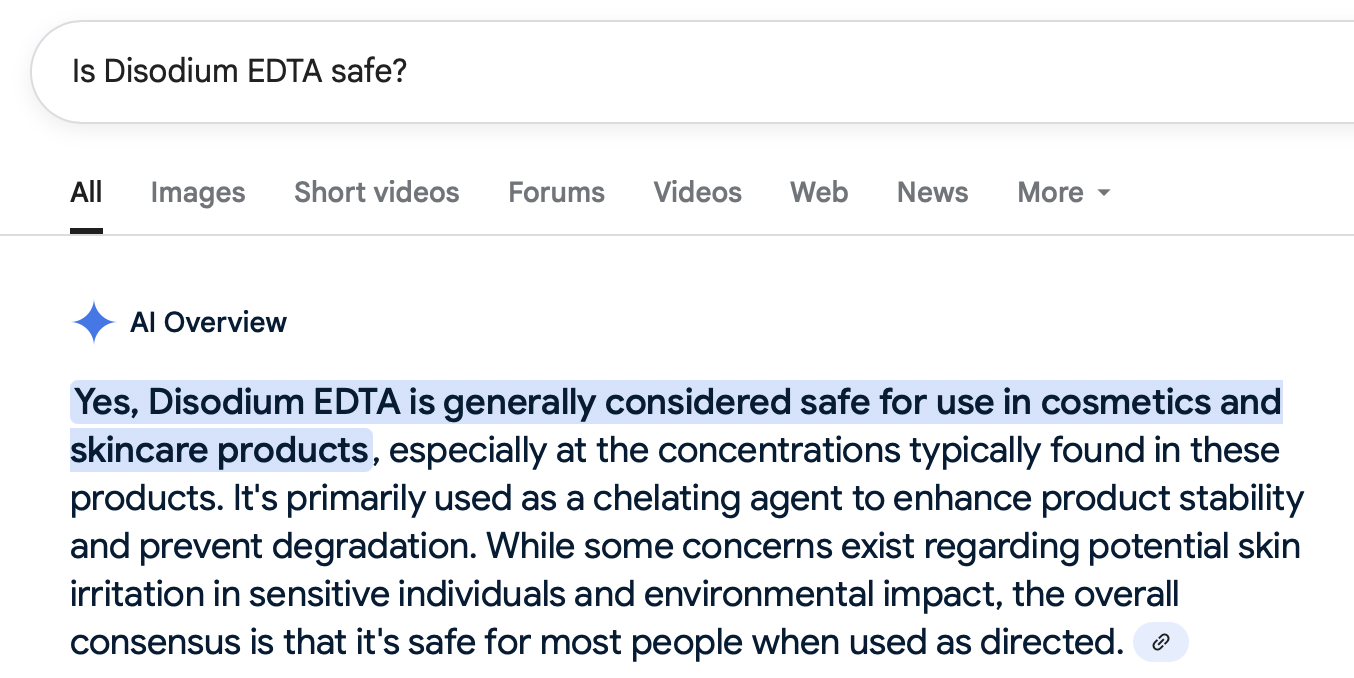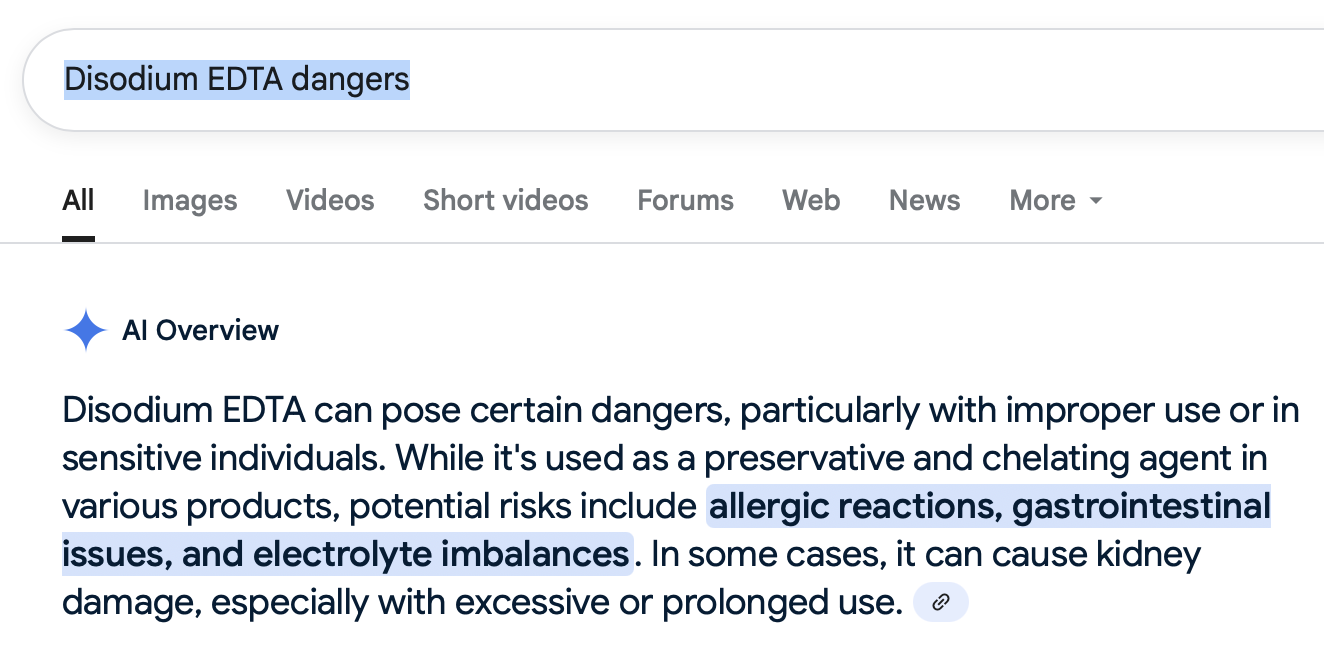Artificial Intelligence and its Use in IT
12 Aug 2025, 11:36:00
This article will not use information from Wikipedia or other sites, nor will it use the generally accepted marketing PR of "artificial intelligence". Let's consider only an objective view of the essence of AI and its practical application, without beautiful words, only a description accessible to everyone.What is "Artificial Intelligence"?
It is worth starting with the most important thing, with the absence of intelligence as such. This is the biggest misconception of most people. AI is not endowed with reason, despite beautiful marketing. Having analyzed even the description of AI in Wikipedia, you can understand that the term itself arose long before the advent of neural networks and other things, back in the days of calculators. But since the world is ruled by money, marketing got involved and turned the ordinary into something unique."Artificial intelligence" is an array of algorithms that determine its operation. And its distinctive feature from calculators and computers is that the former have only one answer to the question posed, one option for solving the problem. While AI has a huge number of "or", that is, answer options. All answers are obtained from the Internet, by reading sites and collecting all the information in one database. The AI considers the most correct answer to be the one that occurs most often. This is not the most truthful information, not the most verified, not the most reliable, just the most popular.
For What Purposes Should "Artificial Intelligence" Be Used?
The so-called AI has practical applications, but only in the field of static data. It cannot be used to analyze dynamic data. What do we mean by "static data"? It is any data that does not require logical analysis. AI can save us time that we would spend reading a large number of sites, since it has already read them all and knows the most likely answer. But even when processing static data, you need to know how to use AI. That's right, I did not misspeak; perhaps the most advertised product in the world still needs to be used. Below I will show you one example that will demonstrate what I mean.Let's enter a phrase into Google's search bar and see what its AI tells us (AI Overview).
- Is Disodium EDTA safe?
- Short answer: Yes, it is considered completely safe and is not considered toxic.

Now let's just change the search phrase slightly.
- Disodium EDTA dangers
- The answer now sounds completely different: it is dangerous and can damage the kidneys.

The example chosen is not the most frightening, so as not to scare you too much. Approximately the same variation of answers can be obtained for most queries. For example, substitute Ceteareth-20 and you will get a variation from safe to carcinogen.